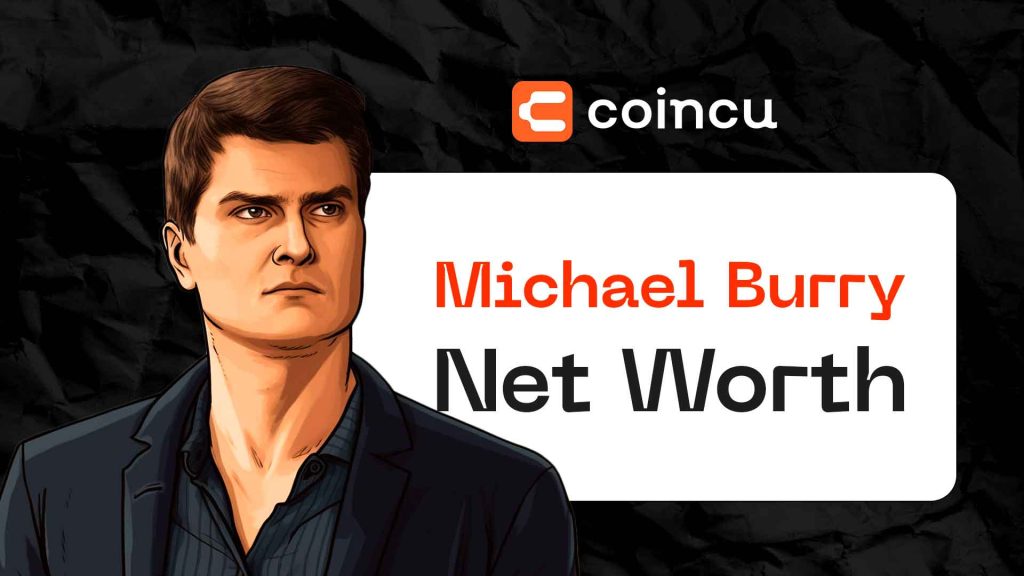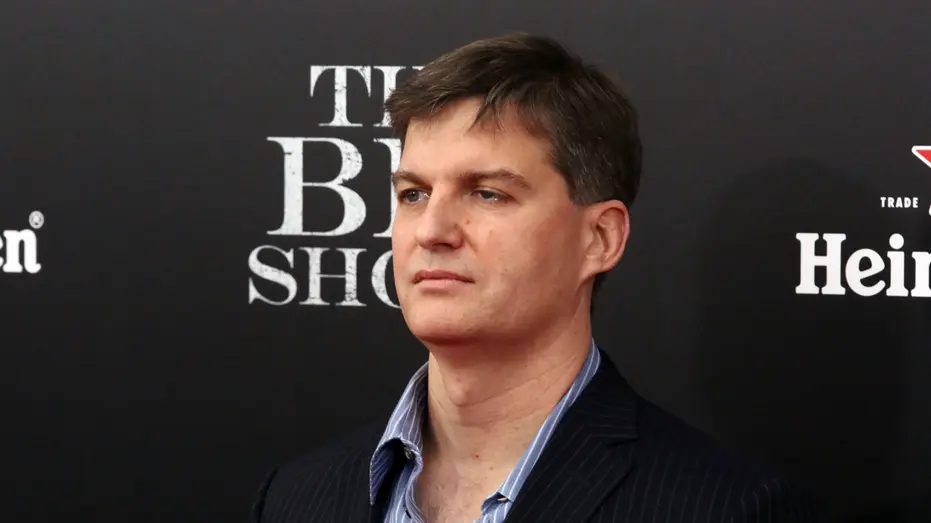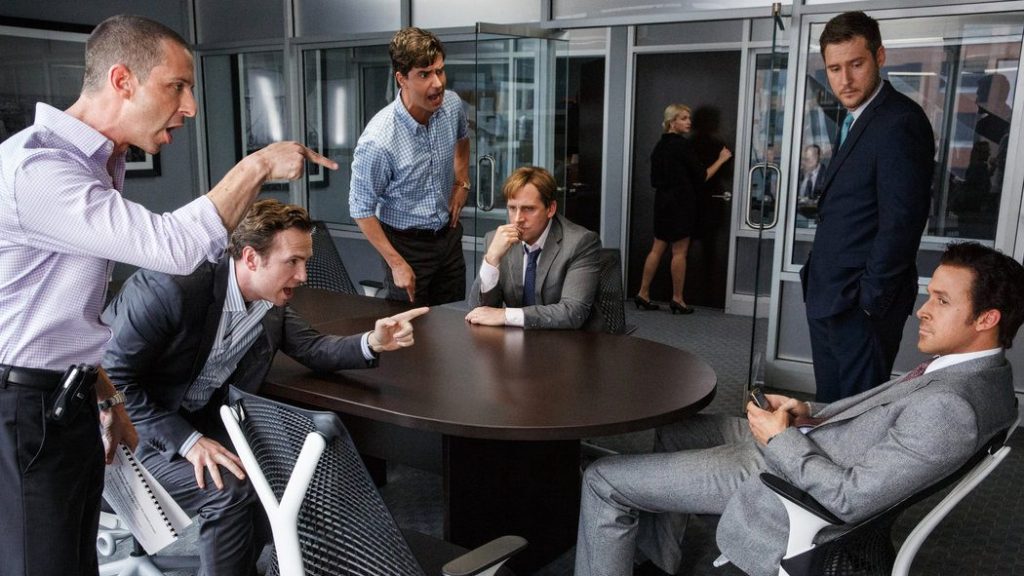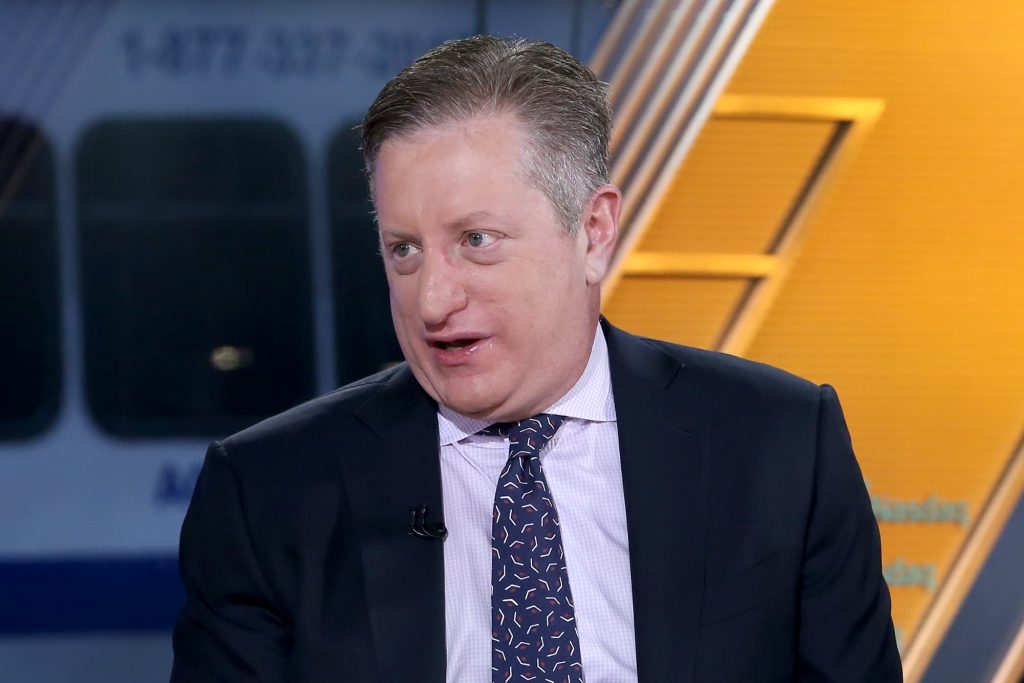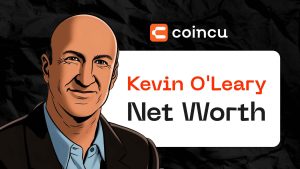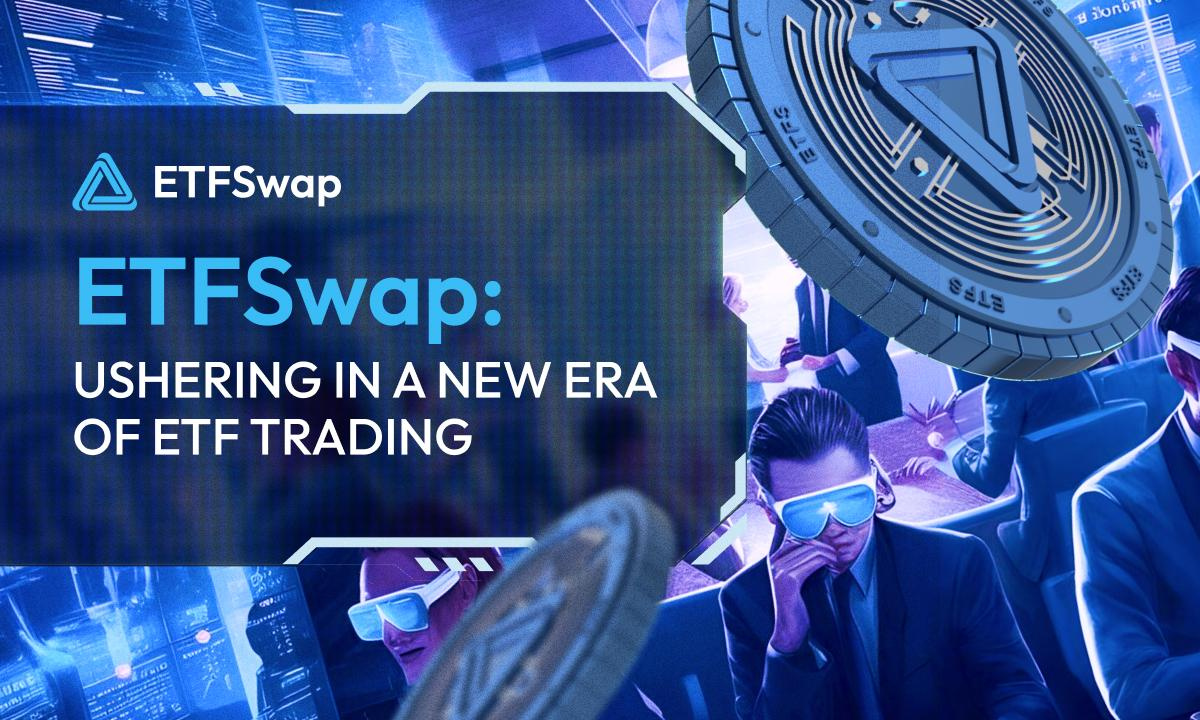Michael Burry Net Worth: From Big Short To Billion Dollar Bets
Michael Burry, famous for his prescient predictions in the financial world, has been a figure of fascination for many. Widely recognized for his successful bet against the securitized mortgage market, famously featured in the movie “The Big Short,” Burry’s knack for foreseeing market downturns has solidified his reputation as a savvy investor. Given his track record of lucrative investments and timely predictions, many wonder: How much is Michael Burry net worth now? Let’s explore this through Coincu‘s article.
Who is Michael Burry?
| Full name | Michael James Burry |
| Age | 53 |
| Nationality | American |
| Residence | San Jose, CA |
| Net Worth | $300 Million |
| Education | University of California, Los Angeles (BA) Vanderbilt University (MD) |
| Source of Wealth | Invesment |
Michael James Burry is a prominent figure in both the realms of finance and medicine. Renowned as an American investor who established the hedge fund Scion Capital in 2000, Burry’s journey to success is characterized by foresight and determination.
However, Burry’s accomplishments extend beyond the realm of finance. Prior to his ventures in investment, he pursued a career in medicine, specializing in neurology. Despite finding success in the medical field, Burry harbored a passion for finance that would eventually prompt a transition in his career trajectory.
Burry’s pivotal moment came during the tumultuous period of the subprime mortgage crisis, spanning from 2007 to 2010. It was during this time that his astute foresight distinguished him among investors. Anticipating the impending crisis, Burry made a bold move by shorting the 2007 mortgage bond market through the swapping of collateralized debt obligations (CDO). This strategic maneuver not only safeguarded his investments but also yielded substantial profits, amounting to $100 million for himself and an impressive $700 million for his investors.
Burry gained widespread recognition for his prescient prediction of the mortgage-backed security market collapse preceding the Great Recession.
Known for his adherence to fundamental analysis and value investing principles, Burry’s every utterance commands the attention of both amateur and professional investors. Despite his tendency to delete cryptic warnings shortly after posting them on social media, his market musings are diligently archived and reposted by an X (formerly Twitter) account known as the Michael Burry Archive.
Formerly managing hedge fund Scion Capital and currently serving as CEO of private investment firm Scion Asset Management, Burry has amassed his wealth through astute identification and wagering against overvalued financial instruments, markets, and sectors. His strategies often involve short-selling or utilizing derivative securities, though he also acquires long positions in stocks he perceives as undervalued.
Early Life and Education
Born and raised in the heart of San Jose, California, Burry’s journey has been one of resilience and determination. At the tender age of 2, he faced a significant life challenge when diagnosed with retinoblastoma, resulting in the loss of his left eye. However, undeterred by this obstacle, he bravely embraced life with a prosthetic eye, embodying the spirit of perseverance from a young age.
His pursuit of academic excellence led him to the prestigious University of California in Los Angeles, where he earned a bachelor’s degree in economics, demonstrating his intellectual prowess and commitment to learning. Building upon this foundation, Burry’s insatiable thirst for knowledge propelled him to further heights as he embarked on a journey to attain a medical degree from Vanderbilt University School of Medicine.
Throughout his educational endeavors, Burry remained steadfast in his resolve to make a difference in the field of medicine. Following the completion of his medical studies, he embarked on a rigorous residency program specializing in neurology at Stanford Hospital and Clinics.
Read more: Ripple Co-founder Chris Larsen Net Worth, Career, Personal Life (Update 2024)
Investment Career
Michael Burry initially ventured into the investment space as a hobby. However, his astute observations and unique perspectives quickly garnered attention, propelling him into the limelight of the financial world.
Burry’s journey began with active participation in online forums and the establishment of his own blog, where he shared his distinctive insights on investment. His approaches diverged from conventional wisdom, earning him respect and recognition within the investment community.
Scion Capital
In a significant move in 2000, Burry took a decisive step by founding Scion Capital, his own investment fund. The fund’s inception was marked by a capital injection of $1 million from Joel Greenblatt, the founder of Gotham Capital and an avid follower of Burry’s blog.
Scion Capital swiftly proved its mettle in the financial arena. While the broader market, represented by the S&P 500, grappled with an 11% decline in 2001 due to the bursting of the dot-com bubble, Burry’s fund defied the odds, delivering an impressive return of 55% to its investors. Burry’s shrewd maneuvering, particularly his strategic shorting of overvalued tech stocks during the dot-com bubble, further solidified his reputation as a visionary investor.
The Big Short
Michael Burry’s uncanny ability to foresee the 2008 stock market crash and capitalize on it was immortalized in the film “The Big Short.” As the founder of Scion Capital, Burry accurately predicted the collapse of the housing bubble in the late 2000s, an event that wreaked havoc on the economy.
Recognizing the fragility of the housing market, Burry strategically chose to short mortgage-backed securities, a move that proved immensely profitable. His foresight not only protected his investors but also yielded substantial gains – $700 million for his investors and $100 million personally. Following this success, Burry made the decision to shutter Scion Capital.
Burry’s prescient analysis of the impending crisis was rooted in his unique focus on lenders rather than borrowers. Burry’s quarterly investment letters elucidated his theory of the extension of “credit by instrument,” a concept he coined to describe lenders’ reliance on new financial instruments to justify lending to unqualified borrowers.
His observations highlighted a concerning trend: lenders lowering their standards to boost loan volumes, indicative of a systemic breakdown in financial prudence.
Scion Asset Management
In 2013, Michael Burry unveiled Scion Asset Management, marking a new chapter in his storied career in finance. At the helm of Burry, Scion Asset Management embarked on a mission to target investments in three key sectors: gold, water, and agricultural land.
With increasing concerns about water scarcity and its implications for various industries and regions, Burry saw water as the most valuable asset of tomorrow. By positioning Scion Asset Management to capitalize on opportunities in this sector, Burry aimed to not only generate returns for investors but also contribute to addressing pressing environmental and resource challenges.
Read more: Akon Net Worth: How Rich Is He? (Updated 2024)
Michael Burry Net Worth Estimates
In 2024, Michael Burry net worth was estimated to stand at a staggering $300 million. Renowned for his astute investment strategies, Burry made headlines for his lucrative gains during the American housing market collapse. However, his financial acumen hasn’t waned since then; he’s continued to navigate the investment landscape with remarkable success, particularly in high-profit-generating stocks.
Read more: Martha Stewart Net Worth: From Homemaker to Business Mogul (A Case Study)
How Did Michael Burry Make His Money?
Shorting GameStop
Burry and his firm, Scion Asset Management, were pivotal players in igniting the widely publicized short squeeze that gripped GameStop early in 2021. However, despite their involvement, they failed to capitalize on the bulk of the gains that ensued.
It was revealed that in 2020, Scion Asset Management amassed a significant stake of approximately 5.3% in GameStop, a struggling video game retailer. Burry believed the company was undervalued and excessively shorted, positioning his firm for potential gains. At its peak, Scion held around 1.7 million shares in GameStop.
Had Burry held onto Scion’s sizable position a bit longer, selling at the stock’s zenith rather than exiting in late 2020, the firm could have realized gains exceeding $1 billion. This substantial profit would have significantly enhanced Burry’s net worth and cemented Scion’s status as a major beneficiary of the GameStop saga.
Regrettably, Burry chose to sell Scion’s stake in the fourth quarter of 2020, at a time when GameStop shares were trading at a modest $10 to $20 range. This decision likely results in the fund realizing a fraction of the potential profits, estimated to be around $100 million.
Financial Crisis of 2007–2008
During this period, Michael Burry and his firm, Scion Capital, made a significant sum by shortening the overvalued and under-regulated mortgage-backed securities market.
Burry’s prescient bet against the mortgage-backed securities industry began years before its eventual collapse, despite initial skepticism from many of his investors who failed to share their concerns about the risky asset class. However, his persistence paid off as interest rates rose, triggering a wave of defaults on adjustable-rate subprime mortgages and ultimately leading to the market’s collapse.
Ultimately, Burry’s strategic foresight through Scion Capital resulted in approximately $725 million in profits for his fund’s investors. Burry himself walked away with a tidy sum of $100 million from the successful bet.
While Burry’s earnings were impressive, they were overshadowed by the staggering success of others in the financial sector during the crisis. Steve Eisman, the real-life inspiration behind the character Mark Baum in “The Big Short,” famously made around $1 billion by shortening CDOs.
Dot-Com Crash
During the early 2000s, Michael Burry and Scion Capital seized upon the opportunity presented by the overvaluation of tech stocks, ultimately reaping substantial profits.
As the dot-com bubble inflated in the late 1990s, fueled by low-interest rates and an abundance of debt financing for internet startups, Burry recognized the unsustainable nature of the market. In March 2000, at the peak of the bubble, he established Scion Capital, immediately positioning the firm to profit from the impending downturn in the tech sector.
Utilizing short selling and derivatives, Burry strategically navigated Scion through turbulent market conditions. In 2001, while the S&P 500 plummeted by almost 12% in the aftermath of the dot-com bubble burst, Scion managed to increase its value by an impressive 55%. The following year, despite the S&P 500 declining by another 22%, Scion ended the year up by 16%.
Read more: Robert Kiyosaki Net Worth 2024: The Making of A Money Guru (A Case Study)
Michael Burry’s Accomplishments
Michael gained widespread recognition for his prescient bet against the subprime mortgage industry prior to the 2008 Great Recession, a move that positioned him as one of the earliest investors to foresee and capitalize on the ensuing crisis. His foresight and strategic maneuvers during the tumultuous years between 2007 and 2010 not only earned him personal profits but also secured substantial returns for his investors.
At the heart of Michael’s success was his audacious $1 billion wager against the subprime mortgage market, a gamble that eventually paid off handsomely despite years of anticipation. His bold predictions materialized, culminating in a staggering $100 million windfall for himself and a monumental $700 million for his investors.
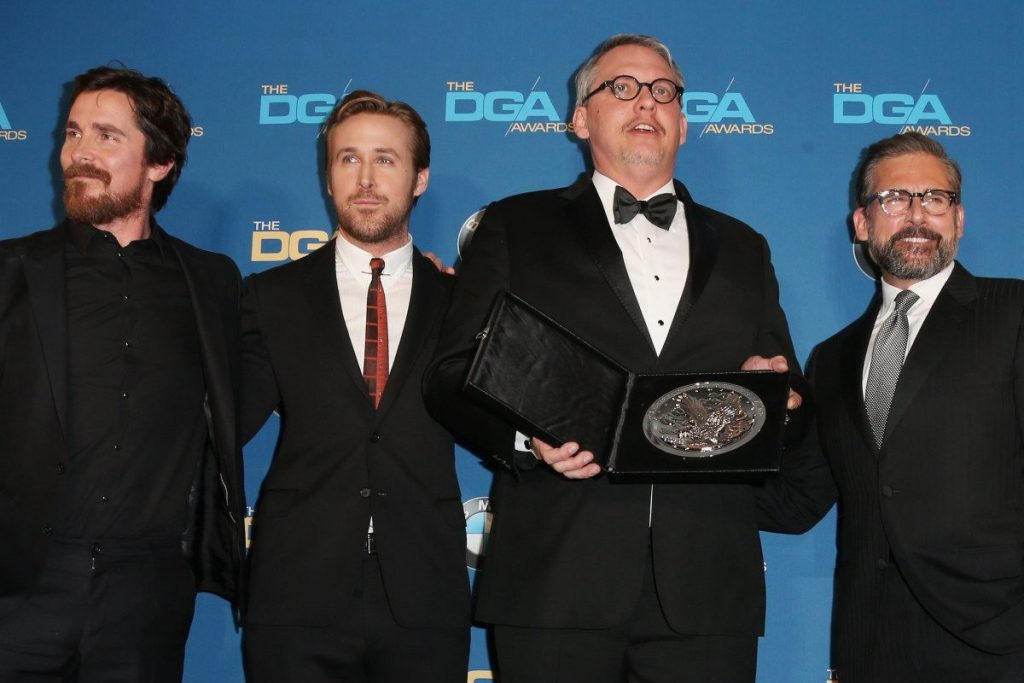
While Michael’s financial acumen garnered him considerable attention within investment circles, it was his portrayal in Michael Lewis’s acclaimed book, “The Big Short: Inside the Doomsday Machine,” that catapulted him to mainstream recognition. The book, which delved into the intricate web of financial maneuvering leading up to the recession, immortalized Michael’s foresight and strategic prowess.
In the subsequent Hollywood adaptation of Lewis’s book, titled “The Big Short,” Michael’s character took center stage, portrayed by actor Christian Bale. The film, released in 2015, received widespread acclaim, earning five Academy Award nominations and ultimately winning the coveted award for Best Adapted Screenplay.
Read more: David Sacks Net Worth 2024: Leading Technology Entrepreneur (A Case Study)
Life After The Big Short
Michael Burry now continues to make waves with his second investment firm, Scion Asset Management. As of late 2023, the public remains curious about Burry’s next big move, yet the inner workings of Scion’s strategies remain largely undisclosed until the firm’s regulatory filings are made public.
In a recent revelation from Scion’s Q2 2023 filings, it was unveiled that Burry’s firm had amassed a significant number of put options on both the S&P 500, a comprehensive index of the 500 largest publicly traded companies in the U.S., and the Nasdaq-100, which encompasses numerous technology giants.
Additionally, Burry has demonstrated confidence in leading technology companies, with substantial investments in industry giants like Facebook and Alphabet Inc., the parent company of Google. Looking ahead, projections suggest that Michael Burry net worth is poised to continue its upward trajectory in the coming year.
Read more: Jack Mallers Net Worth: Strike Founder With an Optimistic Vision For Bitcoin (A case study)
Conclusion
Transitioning from his beginnings as a medical student to becoming a millionaire investor, Michael Burry’s financial odyssey epitomizes an unwavering commitment to pursuing his passion for investments. Burry’s narrative transcends the typical success story of an investor.
He stands as one of America’s most accomplished and esteemed investors, having curated a high-yield personal investment portfolio that has significantly bolstered his wealth, thereby enhancing Michael Burry net worth.
FAQs
How is Michael Burry net worth?
Michael Burry net worth was estimated to be around $300 million. However, his net worth could have fluctuated due to various factors such as investments, business ventures, and market conditions.
How much did Michael Burry make on The Big Short?
According to reports, Burry’s hedge fund, Scion Capital, earned around $800 million in profits from his bet against the subprime mortgage market.
Who made the most money in The Big Short?
Mark Baum, based on real-life investor Steve Eisman, reportedly made $1 billion from his bets against the housing market.
Is Michael Burry still a fund manager?
Michael Burry is still managing Scion Asset Management.
How did Michael Burry learn to invest?
Michael Burry’s path to becoming a successful investor is notable for his unique approach and self-taught investment style. Burry earned his medical degree from Vanderbilt University School of Medicine and later worked as a neurology resident. However, he discovered his passion for investing and finance during his medical studies.
Burry’s interest in investing led him to read extensively about finance and securities analysis. He studied classic investment texts and learned about value investing principles pioneered by investors such as Benjamin Graham and Warren Buffett. Burry’s analytical mindset, attention to detail, and ability to identify undervalued assets became key components of his investment strategy.
When did Michael Burry sell everything?
There hasn’t been any specific widely reported instance of Michael Burry selling everything in his investment portfolio.
| DISCLAIMER: The information on this website is provided as general market commentary and does not constitute investment advice. We encourage you to do your own research before investing. |






